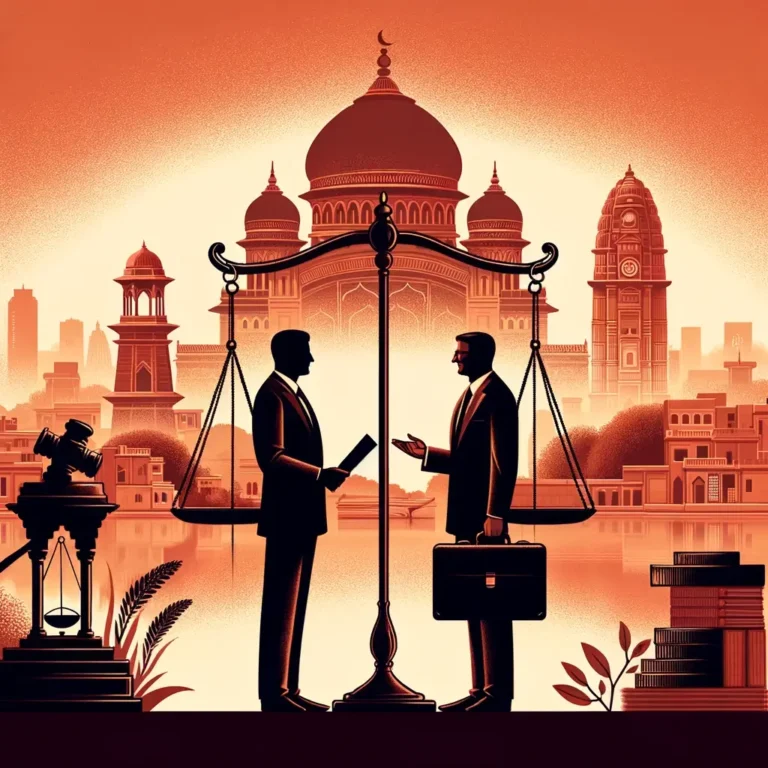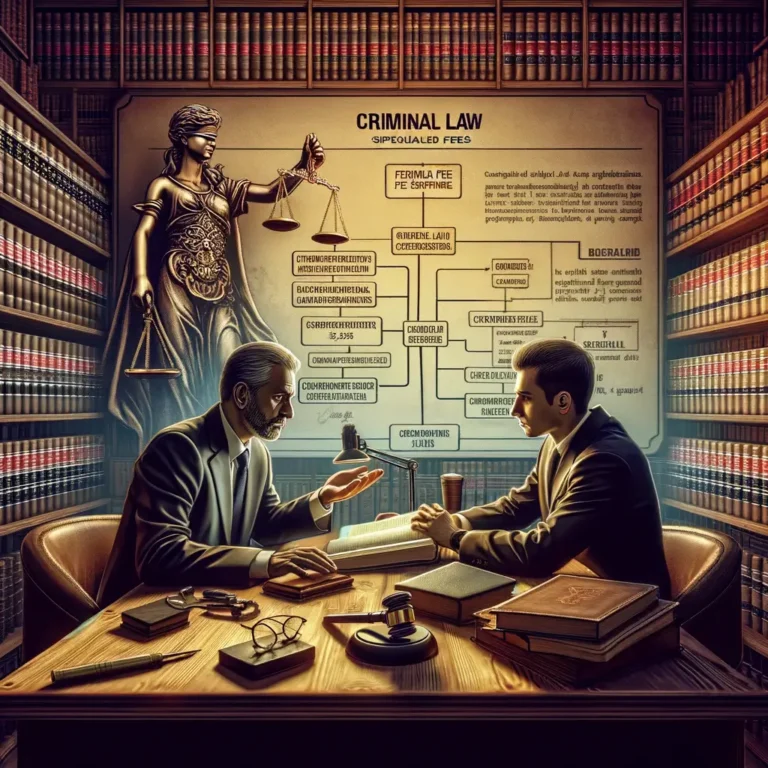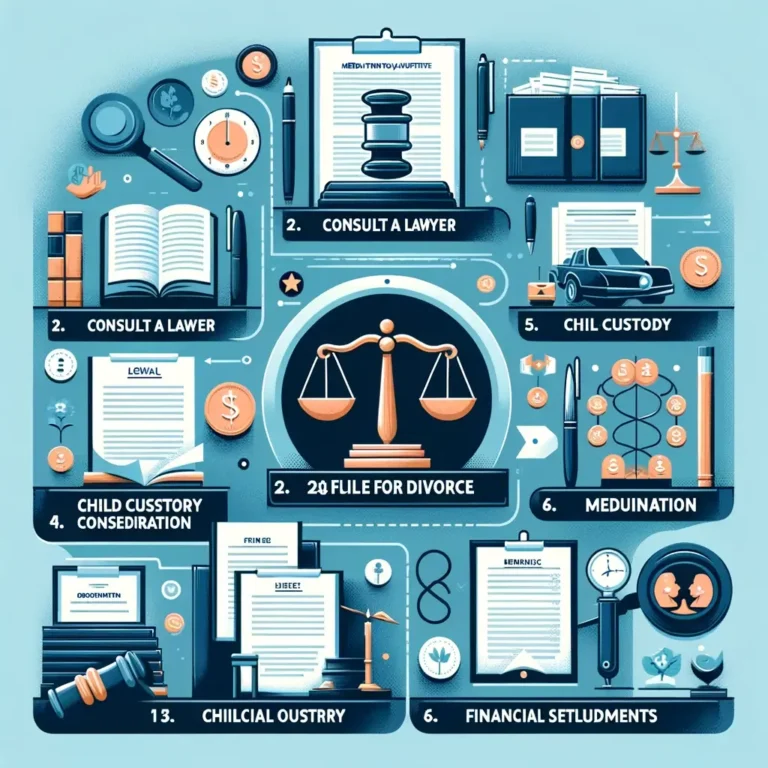In this article we have discussed about benefits of Reporting Child Abuse Cases in Kurukshetra
Introduction
Child abuse is a critical issue that plagues societies worldwide, and Kurukshetra is no exception. As a city steeped in history and culture, it’s essential that we address this modern-day scourge with urgency and compassion. This article aims to provide comprehensive insights into the importance of reporting child abuse cases in Kurukshetra, the procedures involved, and the role of the community in safeguarding the welfare of its youngest members.
Understanding Child Abuse in Kurukshetra
The Various Forms of Child Abuse
Child abuse is not limited to physical harm. It encompasses emotional, sexual abuse, and neglect. Each form leaves a lasting impact on the child’s development and well-being. Recognizing these forms is the first step in combating abuse.
Prevalence of Child Abuse in Kurukshetra
Kurukshetra, like many other regions, is grappling with child abuse cases. These incidents often go unreported due to societal pressure, stigma, or lack of awareness among the populace.
Reporting Child Abuse Cases in Kurukshetra
Legal Implications
The Indian legal system mandates the reporting of child abuse cases. Failure to do so can result in legal consequences. Understanding these laws is crucial for every citizen.
Impact on Child’s Future
The timely reporting of abuse can significantly alter the course of a child’s life. It can mean the difference between prolonged suffering and the opportunity for recovery and a normal life.
How to Report Child Abuse in Kurukshetra
Recognizing the Signs
Awareness of the signs of child abuse is vital. Unexplained injuries, changes in behavior, and fearfulness are just a few indicators.
Steps to Take for Reporting
Reporting abuse in Kurukshetra can be done through various channels like local police stations, child welfare committees, and NGOs. It’s important to know these channels and the procedures involved.
The Role of Society in Combating Child Abuse
Community Awareness and Education
Community programs and education play a significant role in preventing child abuse. Schools, local organizations, and media can offer resources and awareness campaigns.
Support Systems for Victims
After reporting, the victims need adequate support. This includes counseling, legal aid, and rehabilitation programs.
Conclusion
A Collective Responsibility
Combating child abuse in Kurukshetra is a collective responsibility. Every member of the community, from individuals to authorities, has a role to play in safeguarding our children.
A Call to Action
Let’s work together to create a safer environment for the children of Kurukshetra. Reporting child abuse isn’t just a legal obligation; it’s a moral one. We must all be vigilant and proactive in protecting the most vulnerable members of our society.
Resources and Contacts
For more information or to report a case, you can contact [Local Police Station], [Child Welfare Committee], or [Relevant NGO Name]. Remember, your action can make a significant difference in a child’s life.
FAQ on Reporting Child Abuse Cases in Kurukshetra
- Q: What constitutes child abuse?A: Child abuse includes physical, emotional, sexual abuse, and neglect. It can range from physical harm to emotional manipulation or neglect of basic needs.
- Q: How prevalent is child abuse in Kurukshetra?A: Exact figures vary, but child abuse is a significant concern in Kurukshetra, as in many parts of the world.
- Q: What are the signs of child abuse?A: Signs include unexplained injuries, changes in behavior, regression, fearfulness, and inappropriate sexual behavior or knowledge for their age.
- Q: Who is legally responsible for reporting child abuse?A: In India, certain professionals like teachers and doctors are mandated reporters. However, everyone has a moral responsibility to report suspected abuse.
- Q: How can I report child abuse in Kurukshetra?A: You can report to local police, child welfare committees, or child protection NGOs.
- Q: What information should I provide when reporting abuse?A: Provide as much detail as possible, including the nature of the abuse, identity of the victim and abuser, and any other relevant information.
- Q: Can I report child abuse anonymously?A: Yes, you can report anonymously to protect your identity.
- Q: What happens after a child abuse report is filed?A: Authorities will investigate the report and take necessary actions to protect the child, which may include medical care, counseling, or legal action.
- Q: Are there any legal consequences for not reporting child abuse?A: Failure to report child abuse can lead to legal consequences, especially for mandated reporters.
- Q: What is the role of teachers in reporting child abuse?A: Teachers should report any suspected abuse to the relevant authorities and provide support to the child within their capacity.
- Q: Can parents be charged for child abuse?A: Yes, parents can be charged if they are found guilty of abusing their children.
- Q: What is the role of the police in child abuse cases?A: The police investigate reported cases, ensure the child’s safety, and initiate legal proceedings if necessary.
- Q: How are child abuse victims protected in Kurukshetra?A: They are provided with legal protection, medical care, counseling, and rehabilitation services.
- Q: Can I intervene if I suspect a child is being abused?A: It’s important to report suspicions to authorities rather than directly intervening, which could escalate the situation.
- Q: Is emotional abuse as serious as physical abuse?A: Yes, emotional abuse can be just as harmful as physical abuse and should be taken seriously.
- Q: Are boys as likely to be abused as girls?A: Child abuse affects both boys and girls. Boys are less likely to report abuse due to social stigma.
- Q: What should I do if a child tells me they are being abused?A: Listen without judgment, reassure them it’s not their fault, and report the abuse to the authorities.
- Q: How can I help prevent child abuse in my community?A: Educate yourself and others, be vigilant, and report any suspicions of abuse.
- Q: What support is available for child abuse reporters?A: Legal protection and confidentiality are provided to individuals who report abuse.
- Q: Can a child report their own abuse?A: Yes, children can and should report if they feel safe to do so.
- Q: What are the long-term effects of child abuse?A: Long-term effects include mental health issues, difficulty in relationships, and potential for future abusive behavior.
- Q: How confidential is the child abuse reporting process?A: The process is designed to protect the identity of both the reporter and the victim.
- Q: What is the role of child welfare committees?A: They assess the child’s situation, provide necessary care, and oversee legal proceedings.
- Q: How can I volunteer to help abused children?A: You can volunteer with local NGOs, child welfare organizations, or community groups.
- Q: What is the difference between discipline and abuse?A: Discipline teaches right from wrong; abuse inflicts physical or emotional harm without any constructive purpose.
- Q: Are there any educational programs for preventing child abuse?A: Yes, schools and NGOs often run educational programs to teach children and adults about preventing and reporting abuse.
- Q: Can false accusations of child abuse be made?A: False accusations are rare but possible. Investigations are thorough to ensure the truth is established.
- Q: How can I teach my child about safe touch?A: Educate them about body autonomy, the difference between ‘good touch’ and ‘bad touch’, and encourage open communication.
- Q: What should I do if I’m not sure whether a situation is abuse?A: It’s better to report suspicions so that professionals can assess the situation.
- Q: Is there a helpline for reporting child abuse in Kurukshetra?A: Yes, you can call child helplines or local hotlines dedicated to reporting abuse.
















